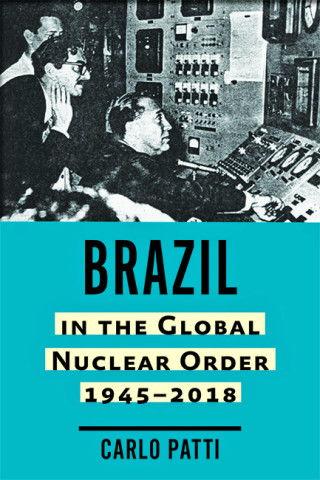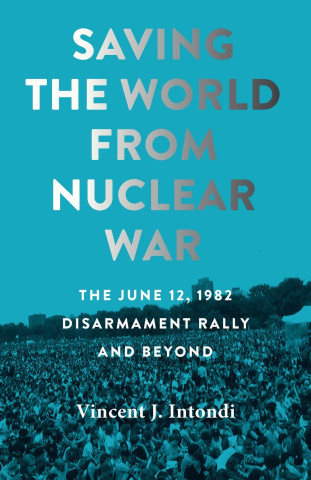
Reviews
An impressively detailed study that pushes boundaries in the field of nuclear history. Does justice to the critical role that Brazil played in the development of the contemporary global nuclear order.
Undoubtedly, the book will become an indispensable title for anyone interested in the country, the region and for those keen to understand global nuclear politics.
Brazil in the Global Nuclear Order is a rich and compelling book that deserves a wide readership. It will be of great value to everyone interested in South American politics, the history of the Cold War, and the development of the global nuclear order.
Carlo Patti makes a significant contribution to the scholarship on Cold War history, Latin American history, and transnational histories of technology. It is a rare feat to be able to successfully compress a complex history of more than seventy years into one monograph. I'm highly impressed with the amount and quality of research that Patti has done as well as his understanding of Brazil's domestic politics.
Carlo Patti's thoughtful account offers a complete analysis of the evolution of Brazil's nuclear policies over almost seventy years. It is an original, rigorous, and illuminating contribution to our understanding of the foreign policy of a crucial country in the global nuclear order. This is an important book that will stand the test of time.
Patti's well-researched book throws new light on the origins, development, and objectives of Brazil's atomic policies and program as well as its participation in the efforts of the international community to prevent the proliferation of nuclear weapons and promote nuclear disarmament.
Book Details
Acknowledgments
Introduction
Chapter 1. Origins of Brazil's Nuclear Ambitions (1946–1955)
Chapter 2. Brazil a Promoter of Nonproliferation Norms? (1955–1966)
Chapter 3. Against the Regime(s) and Brazil's
Acknowledgments
Introduction
Chapter 1. Origins of Brazil's Nuclear Ambitions (1946–1955)
Chapter 2. Brazil a Promoter of Nonproliferation Norms? (1955–1966)
Chapter 3. Against the Regime(s) and Brazil's Renewed Nuclear Ambitions (1964–1974)
Chapter 4. The Brazilian Nuclear Program in the Geisel Years (1974–1979)
Chapter 5. Between Autonomy and International Collaboration? (1979–1985)
Chapter 6. Brazil's Re-democratization and Continuation of the Nuclear Program (1985–1989)
Chapter 7. Giving Up the Bomb (1989–1994)
Chapter 8. Brazil's Accession to the Nuclear Non-Proliferation Treaty (1995–2003)
Chapter 9. Brazil and the Nuclear Issue from Lula da Silva to Temer (2003–2018)
Conclusion
Abbreviations
Notes
Index






